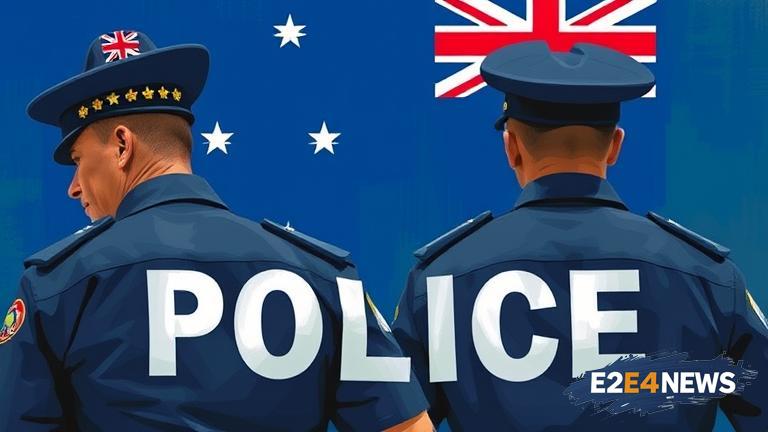The Australian police union’s multimillion-dollar wage claim has been rejected by the tribunal, leaving many officers feeling undervalued and overworked. The claim, which sought a substantial increase in wages, was dismissed due to concerns over the potential impact on the state’s budget. The police union had argued that the wage increase was necessary to reflect the growing cost of living and the increasing demands placed on law enforcement officials. However, the tribunal ruled that the claim was not justified, citing the need for fiscal responsibility. The decision has sparked widespread criticism among police officers, who feel that their hard work and dedication are not being recognized. The police union has vowed to continue fighting for a fair wage, arguing that the current pay rates are not sufficient to attract and retain top talent. The dispute has highlighted the ongoing challenges faced by law enforcement agencies in Australia, including staffing shortages and inadequate resources. The police union has pointed to the growing workload and stress placed on officers, citing the need for better pay and conditions to ensure the safety and well-being of both officers and the community. The tribunal’s decision has been met with disappointment and frustration among police officers, who feel that their concerns are not being taken seriously. The police union has called on the government to reconsider the decision and work towards finding a solution that recognizes the value and importance of law enforcement officials. The dispute has also raised questions about the broader implications for public sector wages and the potential impact on other industries. The police union has argued that the decision sets a worrying precedent for other public sector workers, who may also be seeking wage increases. The government has defended the tribunal’s decision, citing the need for fiscal responsibility and the importance of managing the state’s budget. However, the police union has accused the government of failing to prioritize the needs of law enforcement officials and the community. The dispute is likely to continue, with the police union exploring all available options to pursue a fair wage for its members. The decision has also sparked concerns about the potential impact on police morale and the ability of law enforcement agencies to recruit and retain top talent. The police union has warned that the decision may lead to a decline in police morale, which could have serious consequences for public safety. The government has been urged to reconsider the decision and work towards finding a solution that recognizes the value and importance of law enforcement officials. The dispute has highlighted the need for a comprehensive review of police pay and conditions, taking into account the growing demands and challenges faced by law enforcement agencies. The police union has called for a fair and independent review of police pay, arguing that the current system is outdated and fails to recognize the value and importance of law enforcement officials. The decision has also raised questions about the role of the tribunal in resolving industrial disputes, with some critics arguing that the system is biased towards the government. The police union has vowed to continue fighting for a fair wage, arguing that the decision is not in the best interests of law enforcement officials or the community. The dispute is likely to have significant implications for the future of law enforcement in Australia, with the police union seeking a fair and sustainable solution that recognizes the value and importance of its members.
